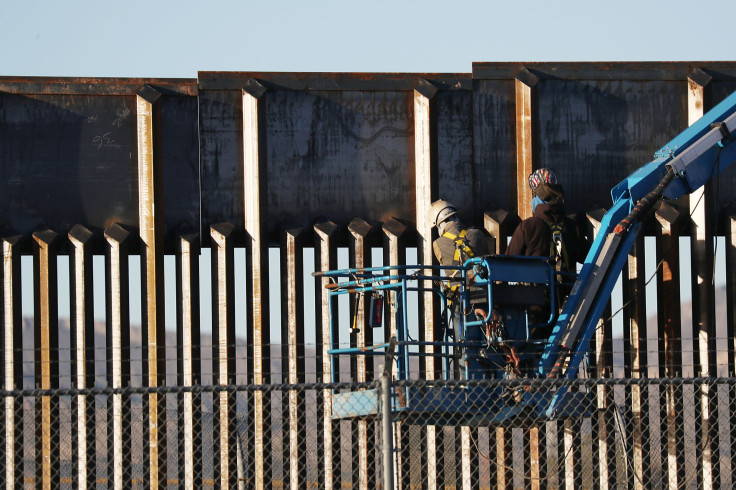Trump Border Wall: Which States Have Filed Lawsuits Against The National Emergency?

After President Donald Trump declared a national emergency on Feb 15 to fund a border wall, 16 states on Monday filed a federal lawsuit challenging Trump's move to circumvent Congress.
Attorney generals from California, Colorado, Connecticut, Delaware, Hawaii, Illinois, Maine, Maryland, Michigan, Minnesota, Nevada, New Jersey, New Mexico, New York, Oregon, and Virginia have all signed off on lawsuits.
"If the President is essentially stealing money that’s been allocated to go to the various states for various purposes but no longer will, we’re being harmed, our people are being harmed," California Attorney General Xavier Becerra told CNN on Monday.
Under the auspices of the National Emergency Act of 1976, the president has a wide berth to work with when it comes to declaring what actually constitutes a national emergency. Trump's current reasoning behind the national emergency is the required use of armed forces, according to Title 10 of the US Code.
In this case, the president's use of his statutory authority for border security funding is unprecedented.
If Trump's national emergency stands, the administration will acquire $2.5 billion of military narcotics funding from the Department of Defense's drug interdiction program and $3.6 billion in military construction funding from other congressional projects, in addition to the $1.375 billion apportioned to border security via the Homeland Security appropriations bill.
Much speculation has been made over which projects Trump will pull funding from and allocate towards border wall construction, and legislation to protect those projects is already in the works.
Senate Democrats on Sunday introduced the Protection Disaster Relief Funds Act, which would be used to block the White House from diverting funds from the Department of Homeland Security, the Department of Housing and Urban Development or the Army Corps of Engineers specifically marked for disaster relief.
The 16 states involved in the lawsuit aren't the only plaintiffs going through the courts in an attempt to block the national emergency declaration. Last weekend, a number of organizations, including the American Civil Liberties Union, the Center for Biological Diversity, the Citizens for Responsibility and Ethics in Washington, and the Border Network for Human Rights filed their own lawsuits against the move.
Like the suit headed by Becerra, the argument underlying the respective lawsuits is that the president's emergency declaration is an attempt to bypass Congressional approval to attain funding for a border wall.
ACLU Executive Director Anthony Romero called the declaration a move made through the president's own impatience for border funding in a statement announcing their lawsuit.
"This is a patently illegal power grab that hurts American communities and flouts the checks and balances that are hallmarks of our democracy," Romero said.
© Copyright IBTimes 2024. All rights reserved.





















